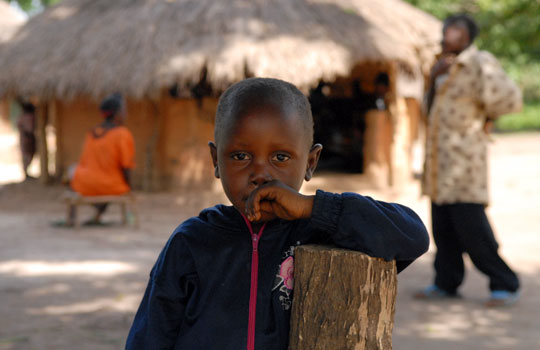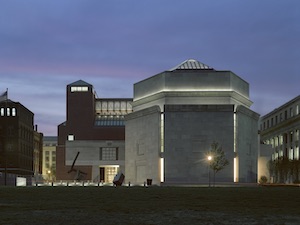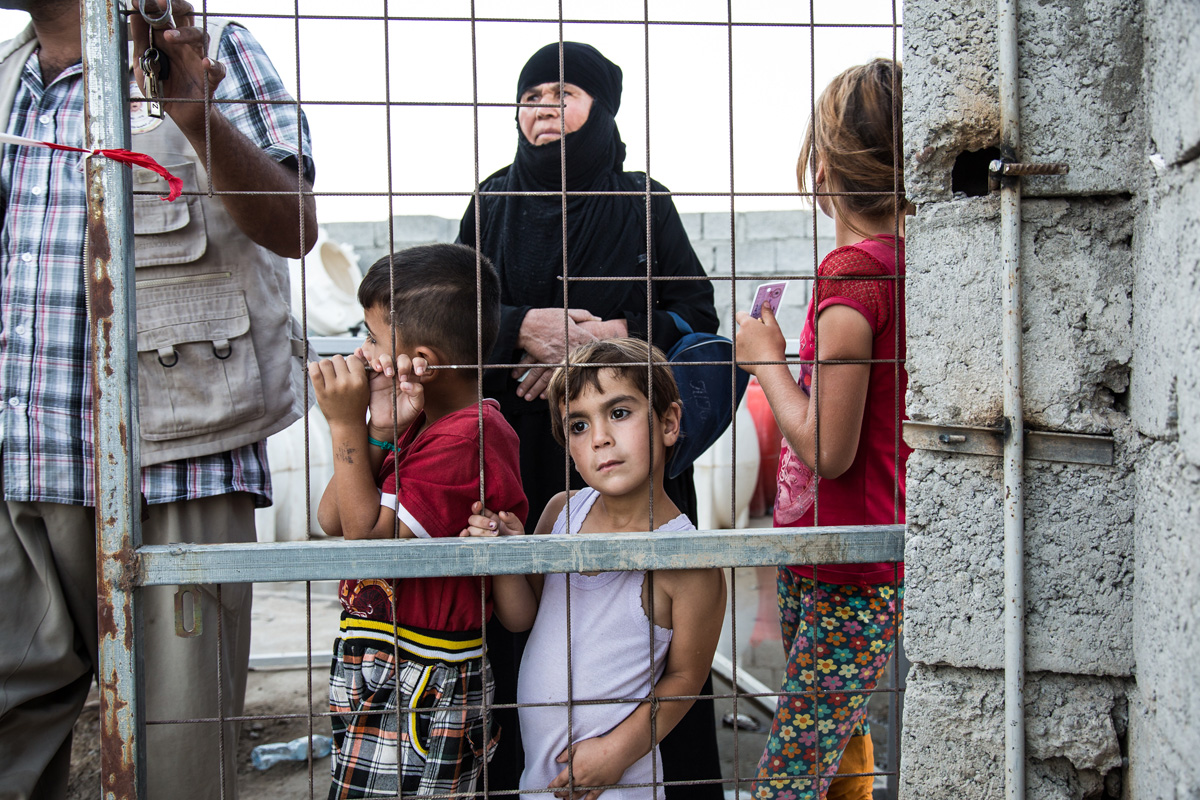Blog Home > legacies
-

Online Galleries Focusing on Regions at Risk Demonstrate the Power of Photography
November 9, 2009
With the power to capture the complexities of life in a single image, photography plays two unique, distinct, and tremendously important roles in genocide prevention and response. Photographs provide visual evidence so the world can know and remember; they also allow us to understand. By looking at a photograph, we bear witness to the emotions, relationships, and implications of that single moment. In the words of photographer, Ron Haviv, this "time to contemplate, time to absorb, time to put yourself into that situation" has the potential to influence a human being to not only reflect, but also act.
-

A Deadly Price for Protecting Human Rights in Chechnya
August 13, 2009
Early this week, Zarema Sadulayeva and her husband, Alik Djabrailov, were abducted from their office in Grozny and killed. Sadulayeva was the head of a charity called Save the Generation that helped children who had been physically and emotionally scarred by the conflict. Coming on the heels of Natalya Estemirova's murder in July, this latest tragedy sends a clear message that the struggle to protect human rights in Chechnya comes at a deadly price. Violence in Chechnya today is no longer as widespread or systematic as it was during the war, but it is much more targeted and deadly. Fewer people are at risk, but the risk for them is much greater.
-

Anniversary of the Genocide at Srebrenica
July 10, 2009
Tomorrow, July 11, marks the anniversary of the start of the 1995 genocide at Srebrenica. On this day, newly identified remains are reburied at the Srebrenica Potocari Memorial and Cemetery.
-

Rwanda’s Genocide: 15 Years Later
April 10, 2009
April 7, 2009 marked the 15th anniversary of the Rwandan genocide. Joined by an international audience, Rwandans across the country gathered to commemorate the deaths of between 500,000 and a million Rwandans, predominantly Tutsis, over 100 days in 1994. President Paul Kagame spoke about the need to remember, but also of the future he is trying to build for the country: “This is the constant underlying message: that while we must remember the past, history, events, and facts – we must also remember to shape our future.”


